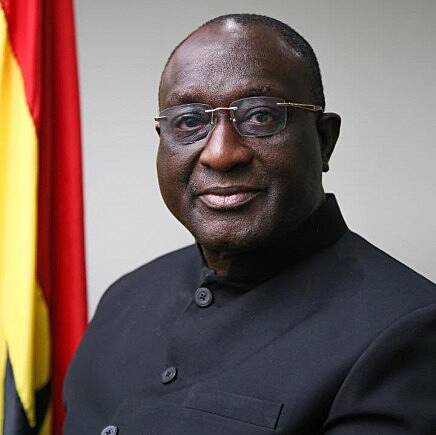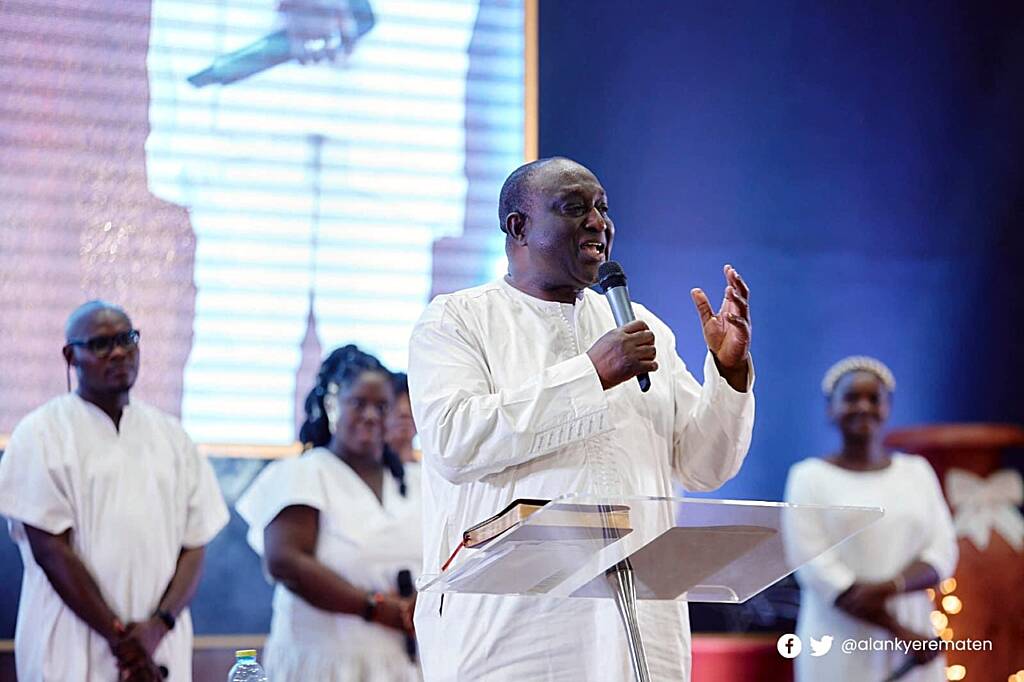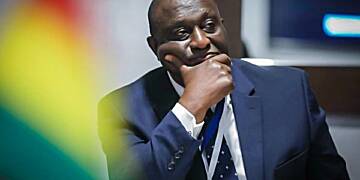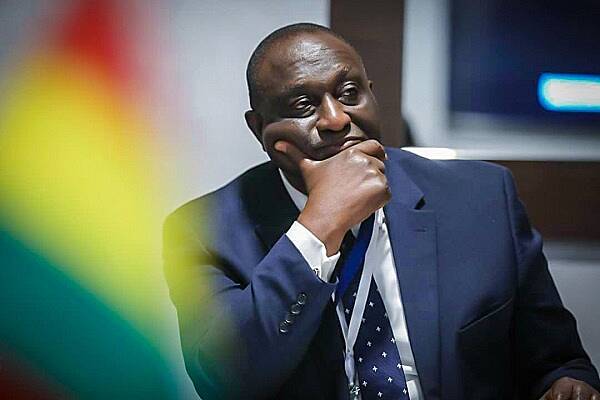By: Jude Tackie
In the ever-shifting landscape of Ghanaian politics, one name that has consistently featured prominently is that of Alan John Kwadwo Kyerematen, affectionately known as “Alan Cash.” With a remarkable career that has spanned both the private and public sectors, Kyerematen’s contributions to the political scene have been substantial.
Yet, his recent withdrawal from the 2023 NPP presidential race, marking his second significant exit in 16 years, has left many speculating the implications of this pattern and the alternative paths that may lie ahead for him as a politician.
Alan Kyerematen’s professional journey is nothing short of remarkable. Boasting over 24 years of experience, he has held senior corporate positions in multinational corporations and played a pivotal role in initiatives promoting small and medium enterprises across Africa. His recognition as one of the “100 global leaders for the new millennium” by Time magazine in 1994 underscores his profound impact on enterprise development.

In the realm of politics, Alan has been a key figure in the New Patriotic Party (NPP) since its inception in 1992. As a founding member, he has actively shaped the party’s strategic direction, serving on influential committees and advocating for youth engagement within the NPP. His political contributions have been marked by dedication and unwavering commitment to the ideals of the party.
Alan Kyeremanten has made attempts at the leadership of the NPP four times since 2007 and in all four has withdrawn twice. His first significant withdrawal occurred in 2008, just before a runoff between him and Nana Akufo-Addo to determine the NPP’s flagbearer for the 2008 elections and his latest withdrawal comes in the 2023 NPP Presidential race.
However, majority of Ghanaians and largely those who do not belong to the NPP party, believe what truly sets Alan Kyerematen apart in the world of Ghanaian politics is his recurring pattern of withdrawal from the NPP presidential race. At that critical juncture in 2008, those within the party believed that Alan Kyerematen’s decision showcased his dedication to party unity and a peaceful transition of power.
Amid fierce competition, Alan’s withdrawal was motivated by his belief in the importance of cohesion within the NPP. He recognized that a divided party could weaken its chances in the upcoming general elections.
Nonetheless, the decision left many of his supporters disappointed but carried through the lines of “for the broader goal of advancing the party’s interests” – especially in the general election.
Fast forward 16 years to 2023 and history seemed to repeat itself as Alan Kyerematen once again withdrew from the NPP presidential primary. This time, he cited a range of reasons for his decision, including allegations of intimidation, physical assaults on his supporters and an unlevel playing field that appeared to favour a specific candidate.
Alan’s calm demeanour and appeal among political moderates have been consistent throughout these withdrawals. While some admire his principled stance and willingness to put party unity above personal ambition, others question whether this recurring pattern is telling of his brand as a reflection of a lack of political resilience, an obsessive urge of entitlement for the party’s presidential seat or the “promising gentle Jack who gave in to the harsh political grains.”
The implications of Alan Kyerematen’s withdrawal from the NPP presidential race are profound and far-reaching. They underscore his unwavering commitment to party unity but also raise questions about his political strategy and resilience.
Alan’s pattern of entering and withdrawing from primaries has sparked debate and criticism. Some experts view him as an entitled politician who expects the party’s presidential seat to be handed to him on a silver platter – largely because he was at the time Kuffuor’s favourite and supposedly an ideal presidential candidate for the party.
Others see him as a gentleman in a rough-and-tumble political landscape, with a willingness to step away when politics turns messy. However, there are concerns that his readiness to withdraw may indicate a lack of tenacity in the face of challenges.
Again some critics believe that Alan has lost trust and enthusiasm among his core supporters as they feel disappointed and disillusioned by his repeated withdrawals, making it challenging to mobilize a strong base of voters in future campaigns.
There are also concerns that Alan’s withdrawal pattern introduces uncertainty into his political strategy. Voters and party members may question whether he has a clear vision for the future or if he is merely reacting to the current political landscape without a well-defined plan.
Speculation about Alan’s future in Ghanaian politics abounds. Some suggest that he could consider running as an independent candidate or forming a coalition with other disgruntled candidates who believe that the country needs a bold departure from traditional party politics. They argue that Ghana is ripe for innovative leadership.

Alternatively, Alan Cash may choose to retire from active politics altogether. This option would enable him to focus on his highly successful career outside the political arena, leaving behind the tumultuous world of partisan politics.
In a political landscape where loyalty, strategy and principle often collide, Alan Kyerematen’s future choices will be closely watched as Ghana approaches its next general election. The choices made by Alan Kyerematen will influence the trajectory of the party’s politics and a reminder of the complexities and uncertainties inherent in political life, where each decision carries significant implications for both individuals and the nation as a whole.




















